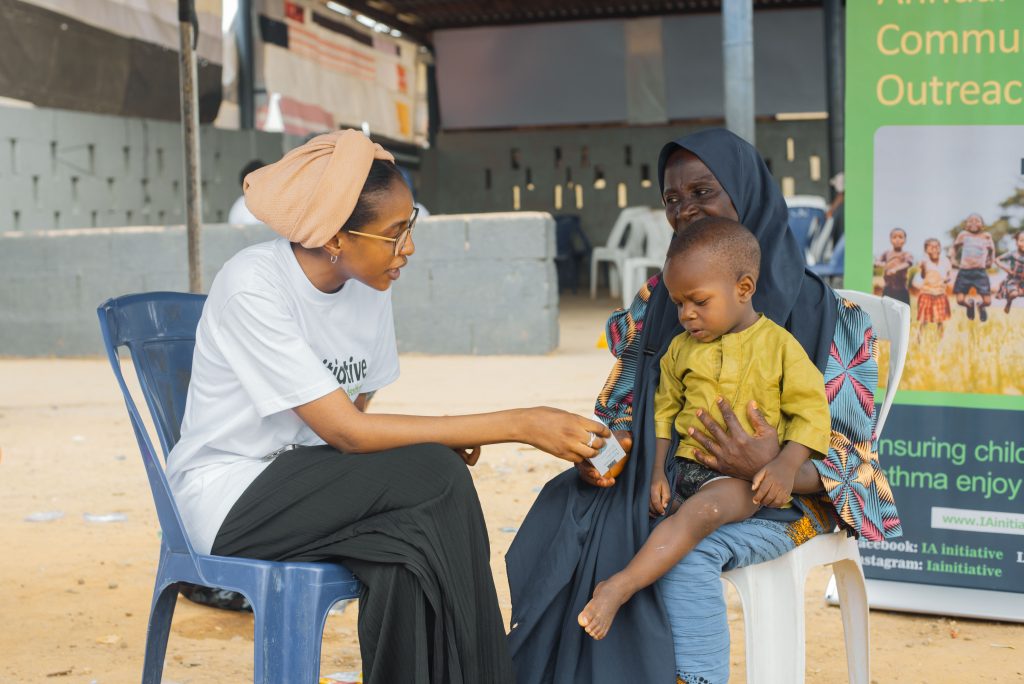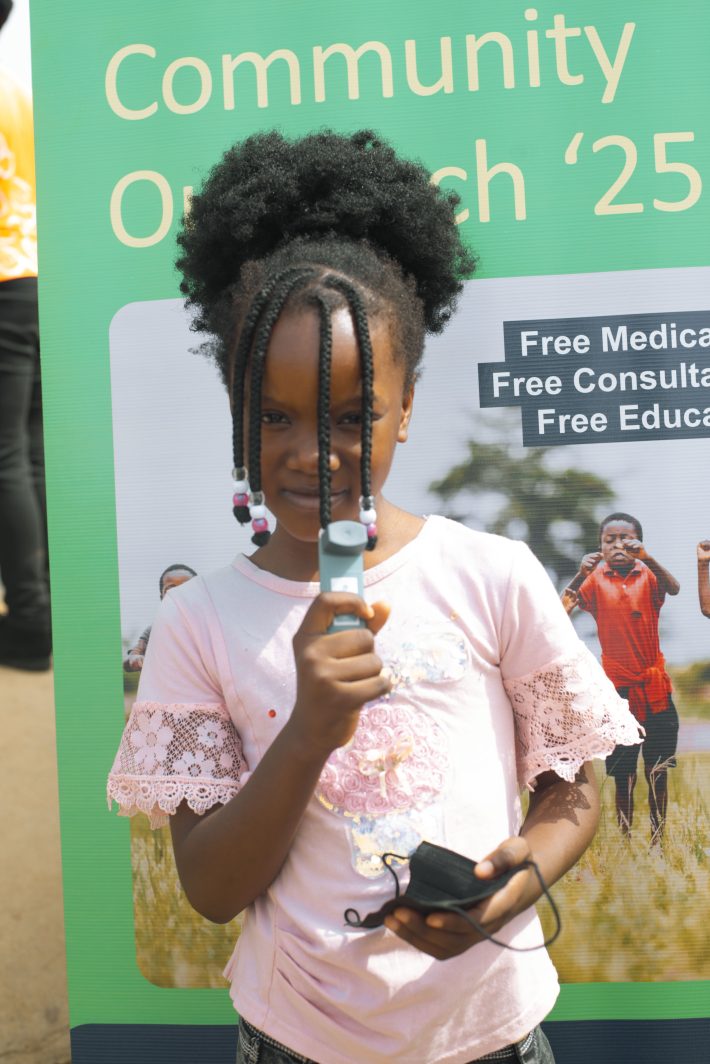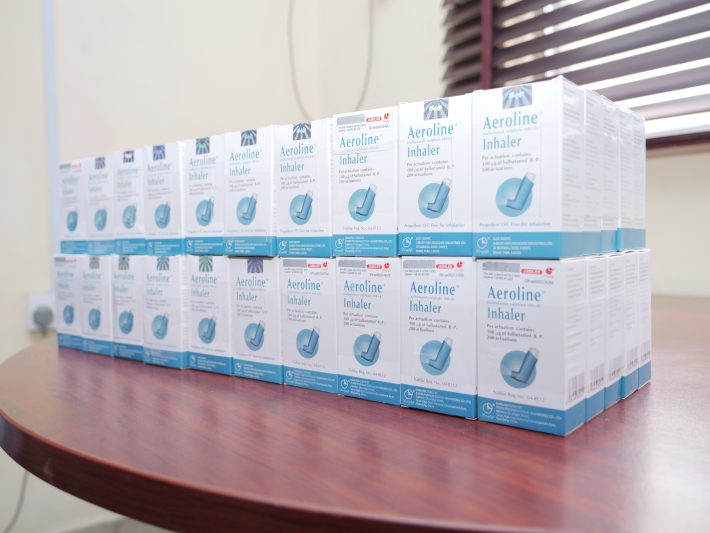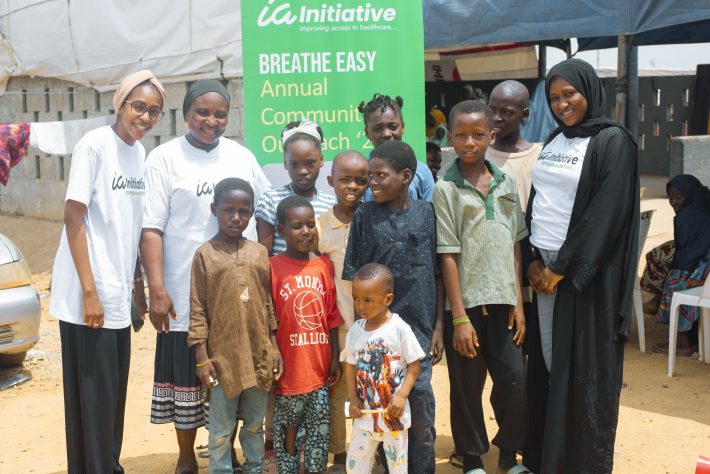When a Child Can’t Breathe: The Real Cost of Inaccessibility

There are emergencies that come without warning — and then there are the ones we can see coming but still feel powerless to stop. For many children living with asthma in Nigeria today, every day is a quiet emergency. The medication they need exists, but they simply don’t have it.
At the Lagos University Teaching Hospital (LUTH), doctors in the respiratory unit see it often — children arriving in distress, not because their condition has changed, but because they haven’t had an inhaler in weeks. Not because they forgot, but because their families simply couldn’t afford one.
One doctor told us about a child who came to the clinic unable to speak. He could barely breathe. When asked what was wrong, the child whispered, “I’m fine.” But he wasn’t. He hadn’t used his inhaler in a month. The family didn’t have one. They had hoped he’d cope. He wasn’t coping. He was crashing.
This is the reality for thousands.
Inhalers are not optional — they’re essential. They’re emergency medication. Children are supposed to carry them at all times — at home, at school, in church, even while playing. But access has become a major barrier. Prices have gone up. Many pharmaceutical companies have exited the market. For low-income families, it’s a devastating combination.
And the impact? It shows up in many forms —
Children missing school.
Children avoiding sports.
Children underperforming in class because they’re constantly tired or breathless.
Children being told to just “manage.”
Children living with reduced quality of life.
And it shows up in families too —
Parents stretched thin, trying to prioritize food, rent, and medication.
Fathers unsure what’s wrong until it’s nearly too late.
Mothers making trade-offs they shouldn’t have to make.
This is not how it should be. This is not the future we want.
That’s why projects like Breathe Easy matter. Through the IA Initiative, we were able to support the respiratory unit at LUTH with 240 Aeroline inhalers — not just as a gesture, but as a direct intervention in a system under strain. The donation will go straight into the hands of children who need it most. It will reduce panic visits. It will keep some children in school. It will give parents one less thing to worry about.
The doctors at LUTH expressed their gratitude — not just for the supply, but for the understanding that this problem exists and needs urgent response. They see these children every day. They know the stakes. And they know how far a single inhaler can go in restoring health, dignity, and normalcy.
We call this the Breathe Easy project, but what it really stands for is simple:
That no child should be gasping for air while help sits just out of reach.
That no family should have to choose between breathing and surviving.
And that with the right partnerships, support, and awareness — we can make that difference.



